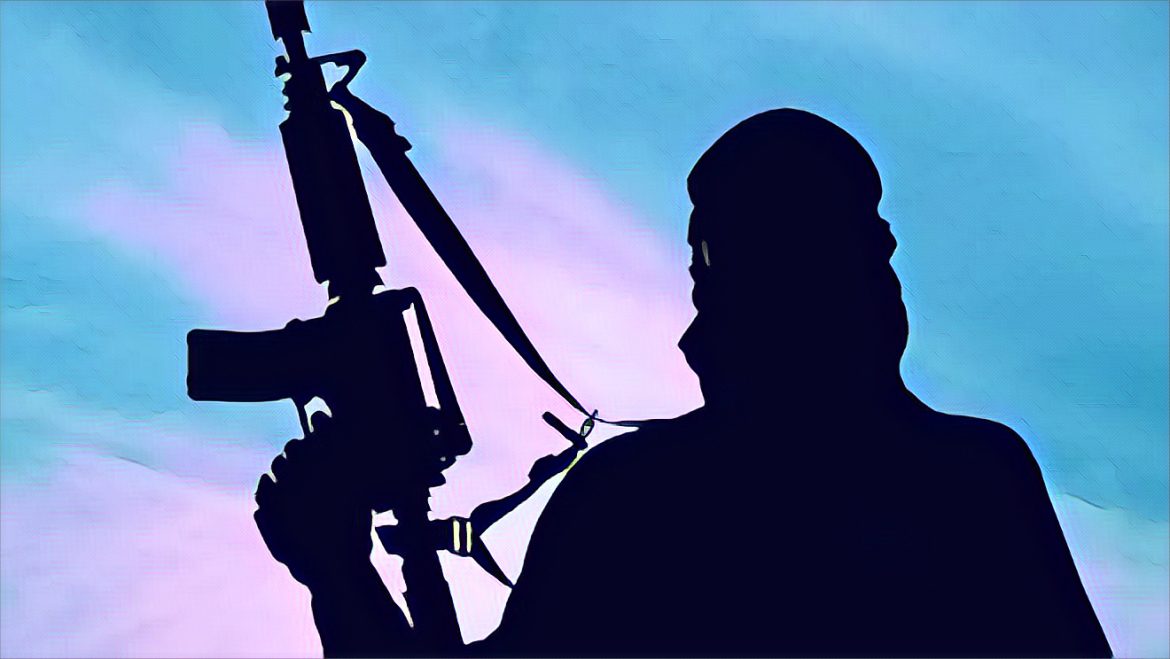The surge of kidnappings and violent attacks across Nigeria has reached a critical point, prompting widespread condemnation from both government representatives and human rights organizations. The abduction of dozens of school pupils in Kaduna State, along with various other aggressive incidents across the nation, underscores a deepening security crisis. This comprehensive analysis seeks to unpack the multifaceted dimensions of these crises, highlighting the responses from different stakeholders and the urgent calls for action.
In a distressing echo of the 2014 Chibok school girls kidnapping, bandits have once again targeted the education sector, abducting scores of pupils from a government primary school in Kuriga, Chikun Local Government Area of Kaduna State. The assault, occurring in broad daylight just after morning assembly, underscores the brazen confidence of these bandits and the profound security challenges facing the region. This incident adds to the growing list of mass abductions in Nigeria’s northern states, illustrating a grim pattern of attacks on educational institutions.
The community’s response, as well as the reaction from various government and civil society figures, highlights the complex web of frustration, fear, and determination facing those affected. Senator Shehu Sani’s public comments reflect a mix of despair and hope, underscoring the repetitive nature of such tragedies in the area. Meanwhile, the Kaduna State Government and police force’s mobilization point to the ongoing struggle to address and curb this menace effectively.
The incident in Kaduna is not isolated. Similar episodes of violence and kidnappings have been reported in other parts of the country, including Kogi State, where gunmen raided banks and abducted an expatriate. These attacks not only sow fear among the populace but also challenge the authority and capacity of the Nigerian state to protect its citizens.
The House of Representatives’ demand for the release of 300 kidnapped women in Borno State further emphasizes the national scope of this crisis. It’s a stark reminder of the vulnerability of women and children in conflict-affected areas and the imperative of safeguarding these populations.
The call from Amnesty International (AI) for the Nigerian authorities to ensure the safe rescue of the abducted students and to hold the perpetrators accountable resonates with the global concern for human rights and the safety of children in conflict zones. AI’s statement that schools should be safe places where children do not have to choose between their education and their lives encapsulates the tragic dilemma facing many in violence-afflicted regions.
Furthermore, the Human Rights Writers Association of Nigeria (HURIWA) urging President Bola Tinubu to sack incompetent service chiefs highlights the frustration with the ongoing insecurity and the perceived inefficacy of current strategies. The critique of the military’s propaganda and the call for a revamp in the leadership of the security forces underscore a broader discontent with how the crisis is being managed at the highest levels.
These incidents and responses lay bare the multifaceted nature of Nigeria’s security challenges. From the targeting of educational institutions and the abduction of students to the attacks on financial institutions and critical infrastructure, the pattern of violence demonstrates not only the audacity of the perpetrators but also the deep-seated issues undermining the state’s authority and effectiveness in protecting its citizens.
The repeated abductions and attacks have severe implications for education, economic stability, and overall societal well-being in the affected regions. The trauma experienced by victims and their families, the disruption to children’s education, and the erosion of public trust in the government’s ability to provide security are profound. Moreover, these crises exacerbate existing socio-economic challenges, driving displacement, and deepening poverty and inequality.
The Nigerian government’s efforts, including the deployment of additional security forces and the promise of establishing more robust security infrastructure in vulnerable communities, are steps toward addressing the immediate security lapses. However, the persistent nature of these challenges calls for a more comprehensive approach that addresses the root causes of the violence, including poverty, unemployment, a lack of education, and political marginalization.
Furthermore, the international community’s role in supporting Nigeria through intelligence sharing, capacity building, and humanitarian aid is crucial. International cooperation can enhance the effectiveness of local efforts to combat these threats and provide relief to affected communities.
In conclusion, the kidnapping epidemic and related violent incidents in Nigeria are symptomatic of broader security and governance challenges. Addressing these issues requires a coordinated and multifaceted response that combines immediate security measures with long-term strategies aimed at addressing the underlying causes of instability. The involvement of community stakeholders, civil society organizations, the international community, and a commitment to good governance and the rule of law are essential in forging a path toward peace and security. As the nation grapples with these urgent crises, the collective will and action of all stakeholders are imperative to safeguard the future of the most vulnerable among us and ensure a stable and prosperous Nigeria.
Source: The Guardian


